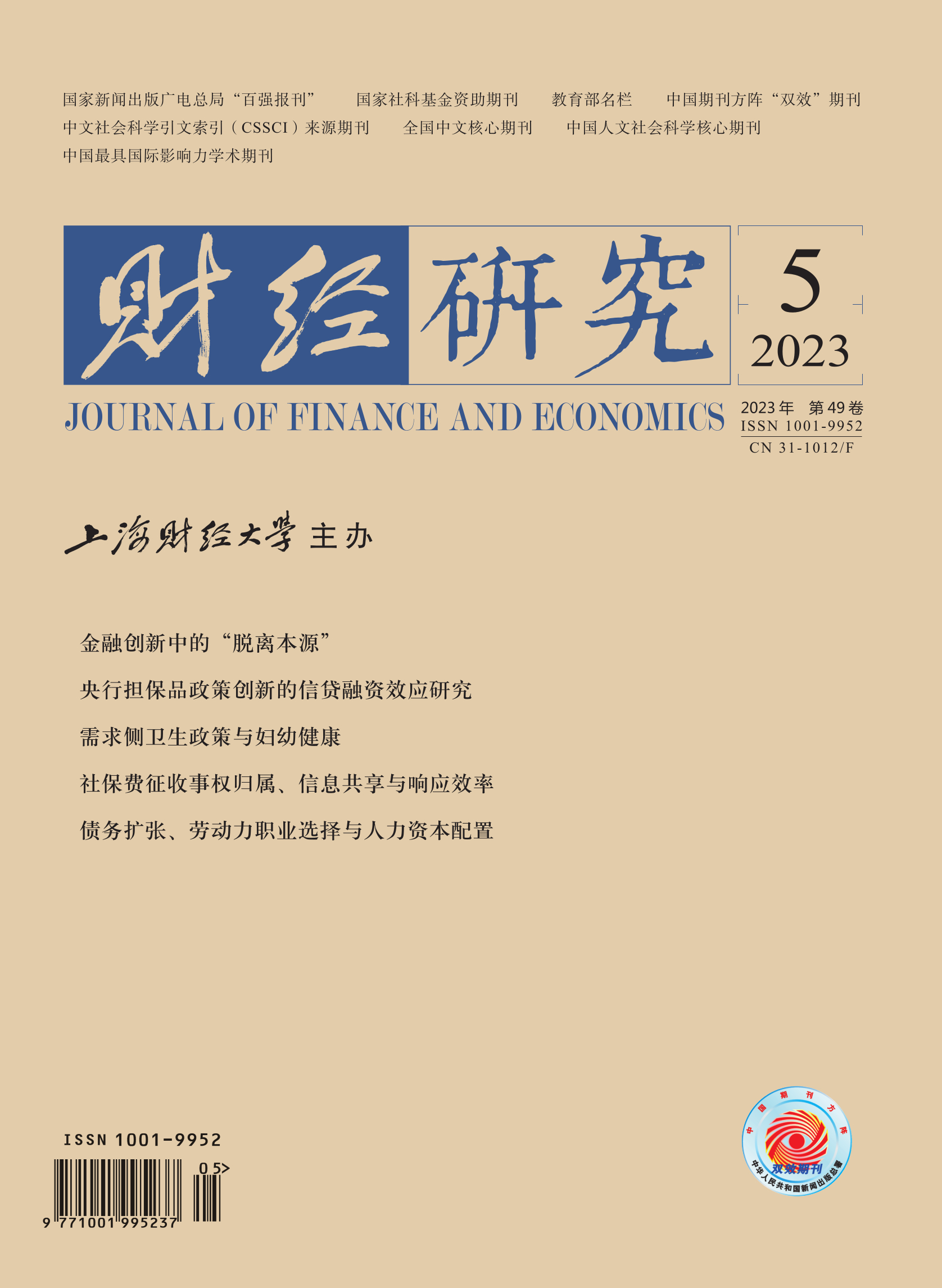China used to be a country with a very high household savings rate. In recent years, with the development of housing finance and consumer finance, the debt participation rate and the debt amount of Chinese households have increased year by year, and the economic effect of household debt has gradually become prominent. As an important economic behavior, household debt can smooth income and promote consumption. But household debt may also bring pressure on family members, affect their behavior and lifestyle, and ultimately affect their physical and mental health.
Based on the micro-data of the three sets of CHFS, CFPS and CGSS, this paper carefully examines the impact of household debt on the health of Chinese residents. The research finds that: First, household debt has a significant negative impact on resident health, and the results of instrumental variable regression and propensity score matching support the robustness of the findings. Second, the mechanism analysis shows that household debt mainly affects resident health by bringing pressure and leading to unhealthy behaviors. Third, there is no gender difference in the impact of household debt on resident health, but there is a heterogeneous impact on different age groups. At the same time, household debt mainly has a significant impact on low-asset and low-income families. Fourth, short-term and non-bank liabilities are the main “culprits” that cause the negative health effect.
The marginal contributions of this paper are as follows: First, it summarizes the three mechanisms of household debt affecting resident health, and explores the channels through which household debt affects resident health. Second, in the causal identification, it seeks instrumental variables based on the realistic background in China and makes new attempts to better identify the causal effect. Third, it discusses what kind of debt is the main “culprit” that affects the health of Chinese residents.
The policy implications of this paper are as follows: First, increasing the availability of formal finance for residents and paying special attention to the financing needs of low-asset and low-income families can help to reduce the negative effect of household debt on resident health. Second, concerning about the negative health effect of household debt can also be started from non-economic aspects, such as health-related physical exercise, recreational and leisure activities, smoking and other behaviors.





 6351
6351  7323
7323

